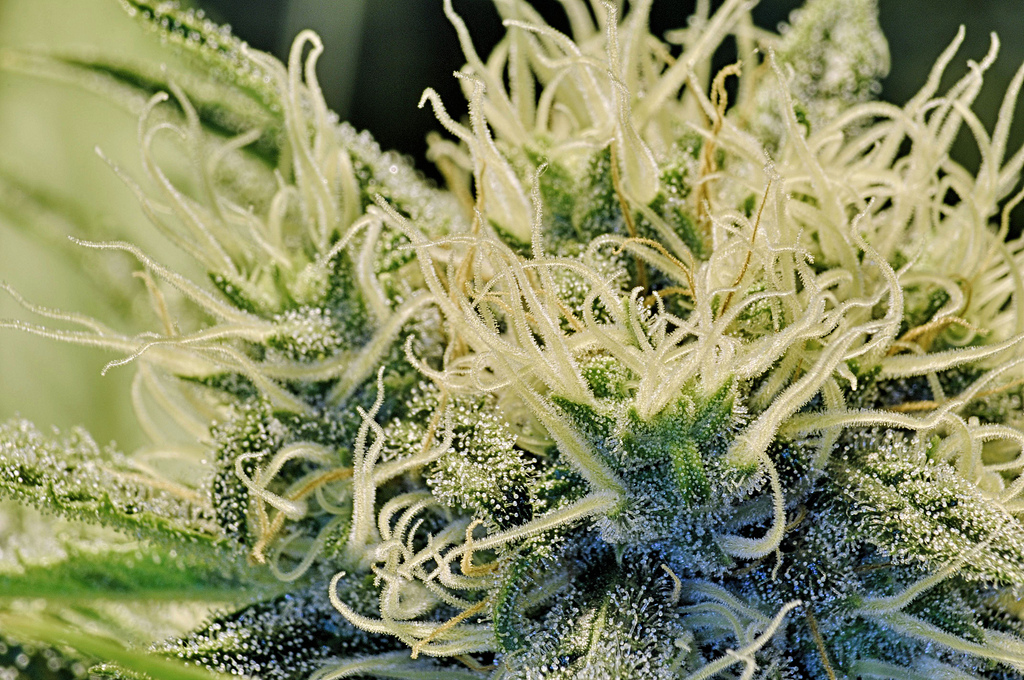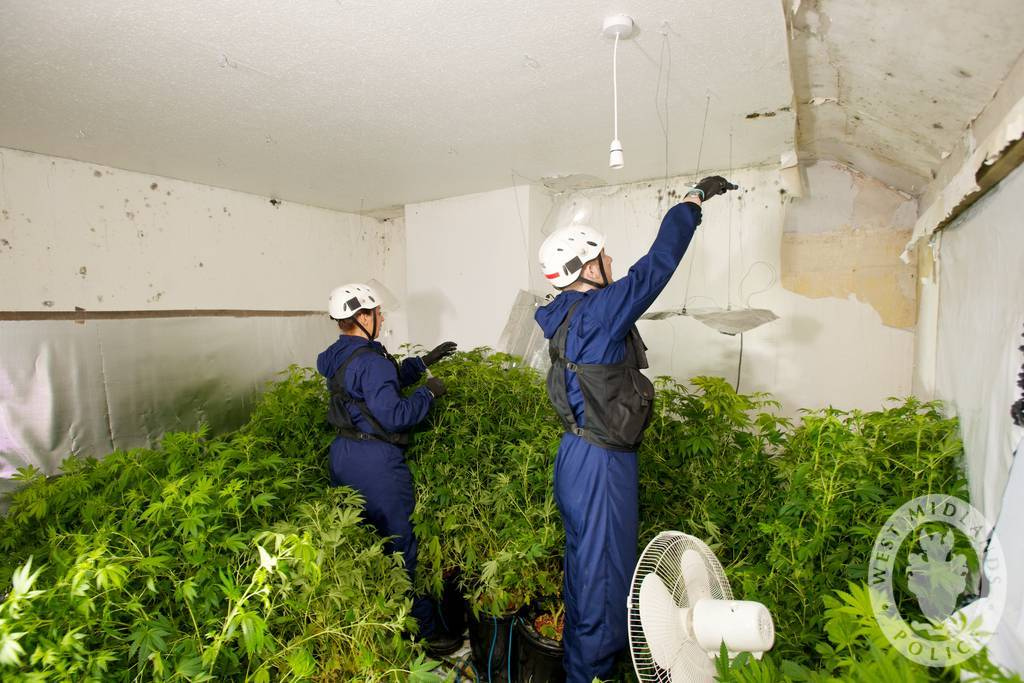As the implementation of Colorado’s Amendment 64 continues, the question of how to tax recreational marijuana sales is getting more and more attention. Colorado Governor John Hickenlooper signed two bills into law in May that impose a 15% excise and a 10-15% sales tax on all retail marijuana sales in the state. Now both Denver and Boulder are considering adding their own 5-10% tax hikes to retail sales within their city limits. Both the state and local taxes still have to be approved by voters in November.
While the state taxes, which would tax recreational marijuana at a minimum of 25%, are widely expected to gain voter approval (one of the main arguments for legalization was tax revenue), members of marijuana advocacy groups are concerned that an extra 5-10% tax could cripple the nascent recreational marijuana business community and drive recreational users back to the black market. The irony is that if the extra taxes do indeed drive consumers to the black market, it would reduce the amount of tax money the state anticipates collecting.
Opponents of the city tax also speculate that the new taxes are an opportunistic attempt to raise new funds.
Denver city officials claim that the tax revenue is necessary to fund the enforcement of new regulations pertaining to recreational use. Specifically, the city wants to hire more police officers, park rangers and another city attorney in anticipation of an expanded caseload. Some of the funding would go to mental health programs and campaigns to keep Colorado youths from using recreationally. The Denver city council will vote on whether to add the tax to the November ballot on July 29.
Any approved taxes will go into effect on January 1, 2014. As with all of the actions surrounding the legalization of marijuana for recreational use, only time will tell how these taxes affect legal marijuana sales, the black market and state revenues.
Sources:
http://www.denverpost.com/carroll/ci_23672823/carroll-denvers-wish-list-marijuana-taxes
http://www.denverpost.com/news/marijuana/ci_23644028/how-would-denver-pot-tax-be-used
http://www.dailycamera.com/news/boulder/ci_23673193/boulder-council-backs-5-percent-pot-excisetax
Photo Credit: Alain Bachellier
End



